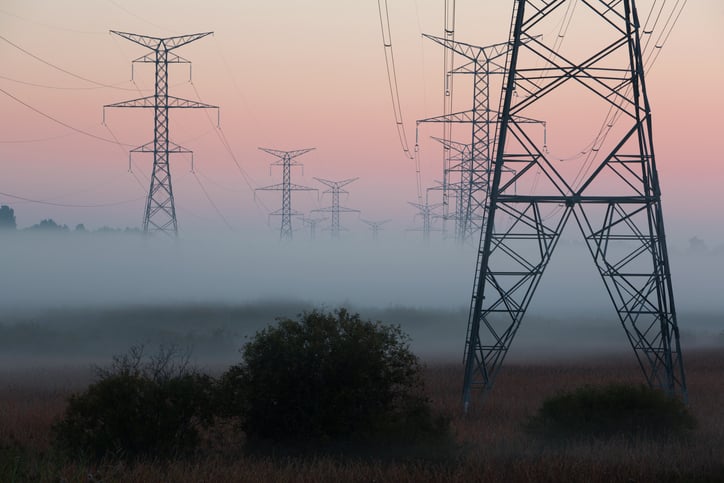Ofgem has published its proposals for a radical overhaul of how it controls the cost of the UK’s energy networks.
The regulator has spent much of the last nine months warning the country’s network companies that the next set of Revenue = Incentives + Innovation + Outputs (RIIO) controls would be far tougher than the current set, and today’s proposals have sought to significantly reduce potential returns for investors.
Under RIIO2, which will come into effect from 2021, Ofgem intends to cap the cost of equity range to between 3% and 5%, a move which it has said could save consumers between £15 and £25 per year on a dual fuel household bill.
Ofgem estimates this could save households more than £5 billion over the five-year period.
In contrast, analysis carried out by the Energy Networks Association – which includes the cost of capital investment – estimates DNO profit margins to be between 5 and 7%.
Other measures in today’s proposals include;
- Switching the price control periods from eight years to five, designed to better reflect the pace of change in the energy industry and the difficulty associated in predicting the required investment over such periods of time;
- The establishment of independent user and consumer engagement groups to feed into network companies’ business plans for RIIO2;
- Much wider scope to open up high value network upgrades, such as those associated with the Hinkley Point C project, to competition;
- New measures to ensure that consumers do not pay for capacity that sits unused, and;
- New fail-safe measures to protect consumers, and others to ensure that savings from greater efficiencies or innovations are shared with consumers.
Ofgem’s consultation on the proposals is to remain open until 2 May 2018. The regulator aims to finalise the framework this summer and network companies will have until autumn 2019 to submit their proposed business plans.
Jonathan Brearley, senior partner for networks at Ofgem, said that consumers must be given confidence that they will continue to get good value for money as the energy sector rapidly changes.
“Ofgem’s stable regulatory regime allows companies to attract investment from around the world on behalf of consumers in Great Britain at the lowest cost. We will capitalise on this by getting network companies to work harder to deliver better value for consumers in the next price controls,” he said.
Brearley further embellished on Ofgem’s stance surrounding RIIO2 in a blog post published by Ofgem this morning, in which he wrote that consumers must be left in a position to benefit from high levels of investment, innovation and reliability at lowest cost.
“Since privatisation our price controls have brought network costs down by demanding that companies become more efficient. Our message to companies is that they must work harder to deliver better value for consumers in the next price controls,” Brearley wrote.
The ENA responded to today’s proposals by stressing that RIIO2 must “evolve to suit the changing needs of consumers” whilst also embracing principles such as transparency and stability.
“We will be working through the proposals announced today, including Ofgem’s opening view on what the cost of equity should be. Customer Engagement Groups will build on our strong track record of customer satisfaction, a greater focus on a whole system approach will help reduce the costs of decarbonisation and maintaining the innovation incentives will be critical to extending Britain’s world leading track record in this area.
“Network companies look forward to building on the strength of their existing track record under the new price control and working closely with Ofgem in the weeks and months ahead,” ENA chief executive David Smith, said.
DNO profits have proven to be a highly contentious topic, one that has also been politically charged of late. A recent report from the Energy and Climate Intelligence Unit claimed that excessive network company profits could add as much as £20 to consumer bills this year, analysis which was referenced by numerous MPs but criticised and labelled misleading by the ENA.






